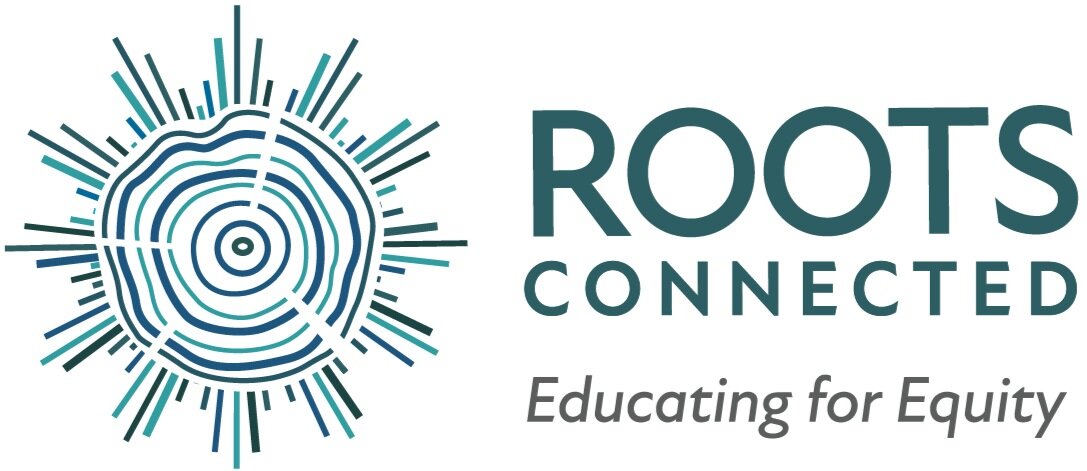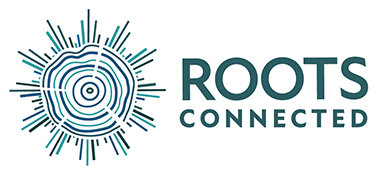
Registration Opens for Asynchronous Courses!
Representation in our Classrooms: Creating Opportunities for Students to See Themselves and Others in Curriculum
Registration Opens February 15, 2022
This is a 1-part asynchronous course that can be taken at your own pace and viewed at any time. 1-time registration includes unlimited access to this page and its resources.
How can we create authentic moments, experiences, and lessons where students can see themselves in the curriculum and in classroom conversations? And why is this important? Through the framework of "mirrors" and "windows" participants will take a closer look at how curriculum and classroom conversations can and should be "fully inclusive of historically marginalized and minoritized perspectives," how inviting a student's authentic self can help cultivate authentic relationships, and where teachers recognize their children are "a group of students from whom they can learn." Diving deep into three proven strategies, participants will have a chance to think about how to increase representation in their own classrooms and create spaces where all students are seen and feel that they belong.
Facilitators: Elizabeth Bidart, Sophie Rutstein
Establishing Classroom Norms for Vital Conversations: Discussing Current Events in K-12 Classrooms
Registration Opens February 15, 2022
This is a 3-part asynchronous course that can be taken at your own pace and viewed at any time. 1-time registration includes unlimited access to this page and its resources.
Course Description: The nation is still grappling with a global pandemic and the ongoing effects of racism in this country. In the midst of all this, educators across the country are returning to their classrooms, both virtual and physical. This pandemic has exposed longstanding inequities that impact those systematically marginalized by institutions in our society. Furthermore, a stirring of consciousness around social justice has acted as a call-to-action across the nation. That said, the return to class will undoubtedly open doors to new questions and conversations from our students. And given that each one is a unique being with unique experiences, how can we prepare ourselves to address potentially hard, but certainly vital, conversations with the entire class? As teachers, with all that is going on in our world, we hold the incredible responsibility of making space for children to process a range of emotions, ask questions, and consider ways in which they can contribute to making change. But it is imperative that we talk about current events in a responsible way. How do we create norms that honor all perspectives and support a deeper understanding around these issues? If done irresponsibly, we run the risk of doing more harm to students while widening gaps in their understanding. We hope you join us for this workshop, geared towards supporting educators from grades K-12 in doing this critical work.
Facilitators: Brandi Forte, Elizabeth Bidart

